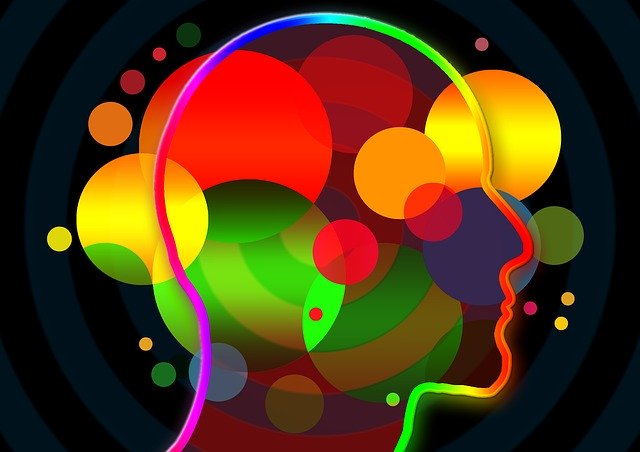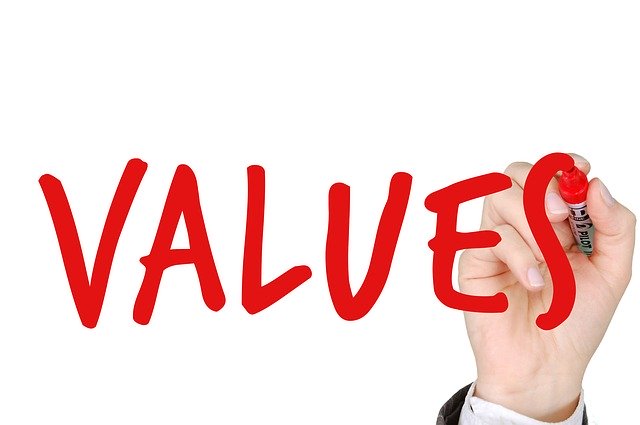by Nathan Chua
Since I began to sense some dissatisfaction over the counseling approaches I have been using for the first nine years of my practice, I went in earnest to find better and more modern approaches to working with couples. It didn’t take long for me to listen to a podcast from a couple of psychologists from Oxford University, raving about the efficacy of mindfulness to psychological well-being.
Most of the approaches I had tried before for couples, were rules-based. These rules made sense and they didn’t take a genius to understand how these rules can work. Unfortunately, the drawback of this approach is that couples would then tend to use such rules to bash one another.
How do I now translate the mindfulness approach to dealing with couples? Do I have my couple sit in front of me for 10 minutes and meditate? It turns out there is a way to counsel couples to become more mindful in their relationships.
Mindfulness allows couples to de-escalate fights, prevent fights, and recover more easily from their fights. Most couples end up separating because their negative interactions have become hard to tolerate. As a result, these negative exchanges can lead to a lessening of positive interactions that contribute to the couples’ opting to end the relationship.
Dr. Christensen, Doss, and Jacobson have come up with a memory aid for couples to remember. This helps couples take a more mindful approach to de-escalating fights. The mnemonic is START:
“Stop what you are doing for the moment.” Pause to notice what is going on at the moment. Notice if this is something familiar that you and your partner have gone through countless times in the past.
“Take a deep breath.” This focus on the breath and being able to breathe in and out of the body part that feels tension in this exchange, can get you off the automatic reactions that lead to escalation.
“Attend to what is going on with you emotionally in the moment.” One skill you will learn in mindfulness is to be able to identify or label the emotion that you are feeling. Couples tend to more easily show a hard emotion over a soft hidden emotion.
“Reveal your emotional state to your partner.” Once you have identified the deeper emotion, you may now be more open to tell your partner about these vulnerabilities that have remained hidden for so long.
“Take an interest in what is going on emotionally with your partner.” If you can be in touch with your feelings without defense, you can be more open to understanding your partner’s feelings as well.
I hope this short blog post will help you and your partner become more equipped when disagreements arise. Committing to act on these skills is your key to developing a better relationship.










